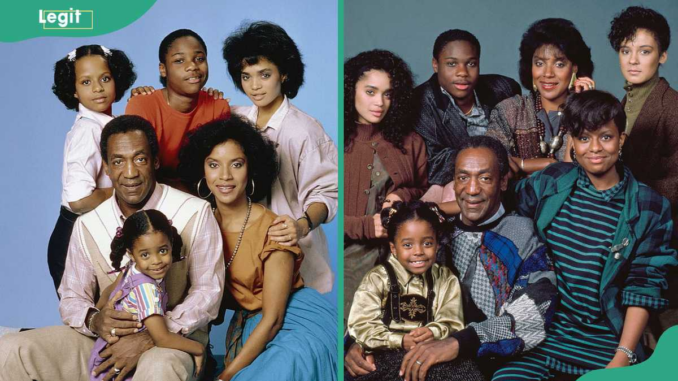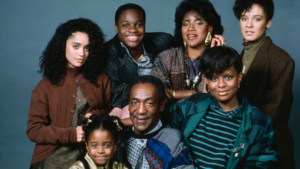
Introduction While The Cosby Show concluded its original run more than three decades ago, its cultural significance remains ever-relevant. In an era where family sitcoms face increasing challenges to remain relatable and fresh, The Cosby Show stands as a beacon of what a well-crafted family drama can achieve. But what makes the show so enduring in a contemporary television landscape saturated with new forms of entertainment? Let’s explore the reasons why The Cosby Show continues to captivate audiences long after its finale.
1. Timeless Themes of Family and Love At the heart of The Cosby Show were the universal themes of family, love, and growth. No matter the decade, the dynamics of a family navigating life’s challenges—be it education, relationships, or financial struggles—remain relevant. The Huxtables, though fictional, were a reflection of the hopes, dreams, and values that many families hold dear. Their ability to communicate openly, their willingness to support one another through adversity, and their emphasis on respect and responsibility are themes that continue to resonate with modern audiences.
2. The Importance of Education The Cosby Show placed significant importance on education, particularly within the context of the African-American community. The Huxtables encouraged their children to value learning, pursue academic success, and understand that education was a powerful tool for success. In today’s world, where issues of educational inequality and access remain pressing, the show’s message about the power of knowledge still rings true. Theo’s struggles with learning disabilities, for example, were handled with care and realism, showing that success doesn’t look the same for everyone, but it is attainable through effort and support.
3. The Representation of Successful African-American Families The Cosby Show was a pioneering force in terms of representation. It introduced the world to an African-American family that was not defined by poverty, crime, or struggle, but rather by success, love, and resilience. In today’s climate, where there is still an ongoing push for greater diversity and representation in media, The Cosby Show stands as an important example of how television can break down racial stereotypes and promote inclusivity. Shows like Black-ish have drawn inspiration from The Cosby Show, continuing the trend of portraying African-American families in all their complexity and success.

4. Humor with Depth While many family sitcoms rely solely on jokes and slapstick humor, The Cosby Show successfully mixed humor with deep emotional and intellectual substance. Cliff’s playful banter with his children, along with his sharp wit, often masked deeper lessons about life, personal responsibility, and relationships. In an age where comedy has evolved into more satirical or boundary-pushing formats, The Cosby Show remains a shining example of how humor can be both intelligent and wholesome, appealing to both younger and older generations.
5. The Influence on Contemporary TV The legacy of The Cosby Show can be seen in many contemporary sitcoms. Shows like The Fresh Prince of Bel-Air, A Different World, and Black-ish owe much of their success to the groundwork laid by The Cosby Show. These series continue to explore similar themes—education, family values, race, and class—proving that the core messages of The Cosby Show are not only still relevant but also continue to inspire new generations of creators and viewers.
Conclusion The Cosby Show remains a cornerstone of American television, not only for its entertainment value but also for its ability to address complex issues with humor, warmth, and relatability. While modern television has evolved in many ways, the core principles of The Cosby Show—family, love, respect, and education—are timeless and continue to resonate. As new generations discover the Huxtables, the show’s legacy remains as significant today as it was when it first aired.
